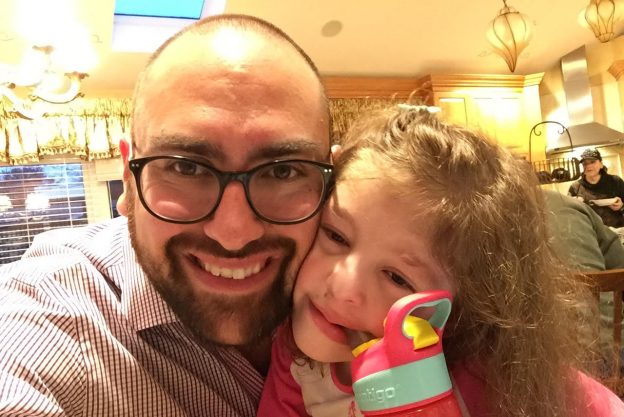
Advocacy, Parenting
A Dad’s Advice on Dealing with Comments from Strangers
I go out in public to restaurants and other places with my kids and often hear people making rude comments like, “Why can’t that kid keep quiet?” or “Why can’t that guy keep his kid quiet?” Our daughter Ellah has a number of complicated medical issues, including Agenesis of the Corpus Callosum and Coffin Sirus Syndrome. I’ve been keeping in my back pocket the reply,“My daughter’s missing a piece of her brain, what’s your excuse?”I Haven’t gotten the chance to say that, but one day that zinger will come out.


